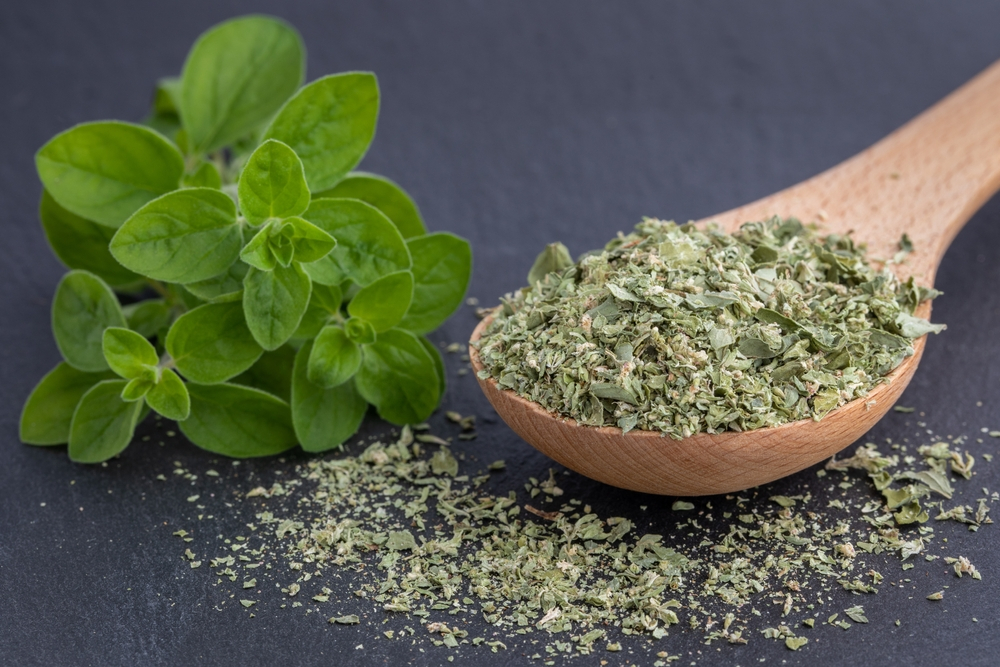Egypt, known for its ancient pyramids, rich history, and fertile lands along the Nile, boasts a hidden gem in its agricultural sector – marjoram. Marjoram, a fragrant herb with a plethora of culinary and medicinal uses, has been cultivated in Egypt for centuries.

Cultivation Practices:
Marjoram, scientifically known as Origanum majorana, thrives in the warm climate and well-drained soils of Egypt. Cultivation typically begins with the preparation of the land through plowing and tilling. Seeds are sown directly into the soil or propagated indoors before transplanting. Marjoram requires sufficient sunlight and moderate watering to flourish. Farmers employ traditional farming methods alongside modern agricultural techniques to ensure optimal growth.
Egyptian farmers often intercrop marjoram with other compatible crops, such as wheat or legumes, to maximize land use efficiency and enhance soil fertility through crop rotation. Additionally, organic farming practices are gaining popularity, catering to the increasing demand for organic marjoram in global markets.
Economic Significance:
The cultivation of marjoram holds significant economic importance for Egypt. The herb serves as a source of income for numerous small-scale farmers, especially in rural areas along the Nile Delta and Nile Valley.
Moreover, the exportation of marjoram contributes to Egypt’s foreign exchange earnings and strengthens its position in the global herb market. The country’s strategic location allows for easy access to international markets, facilitating trade relationships with countries in Europe, North America, and Asia.
Exportation Potential:
Egypt has emerged as a leading exporter of marjoram, capitalizing on its favorable climatic conditions and expertise in herb cultivation. The country exports both fresh and dried marjoram, catering to diverse consumer preferences worldwide. Egyptian marjoram is renowned for its superior quality, distinct aroma, and rich flavor profile, making it highly sought after in the culinary and pharmaceutical industries.

To further capitalize on the exportation potential of marjoram, Egypt continues to invest in research and development, focusing on improving cultivation techniques, enhancing post-harvest handling practices, and ensuring compliance with international quality standards. Additionally, strategic partnerships with global distributors and participation in international trade fairs facilitate market expansion and brand promotion.
Conclusion:
The cultivation and exportation of marjoram represent a flourishing sector within Egypt’s agricultural industry. With its ideal growing conditions, economic significance, and exportation potential, marjoram contributes to the country’s socio-economic development and strengthens its position in the global herb market. As Egypt continues to invest in sustainable farming practices and market diversification, the aromatic treasure of marjoram promises a bright and prosperous future for the nation’s agricultural sector.
